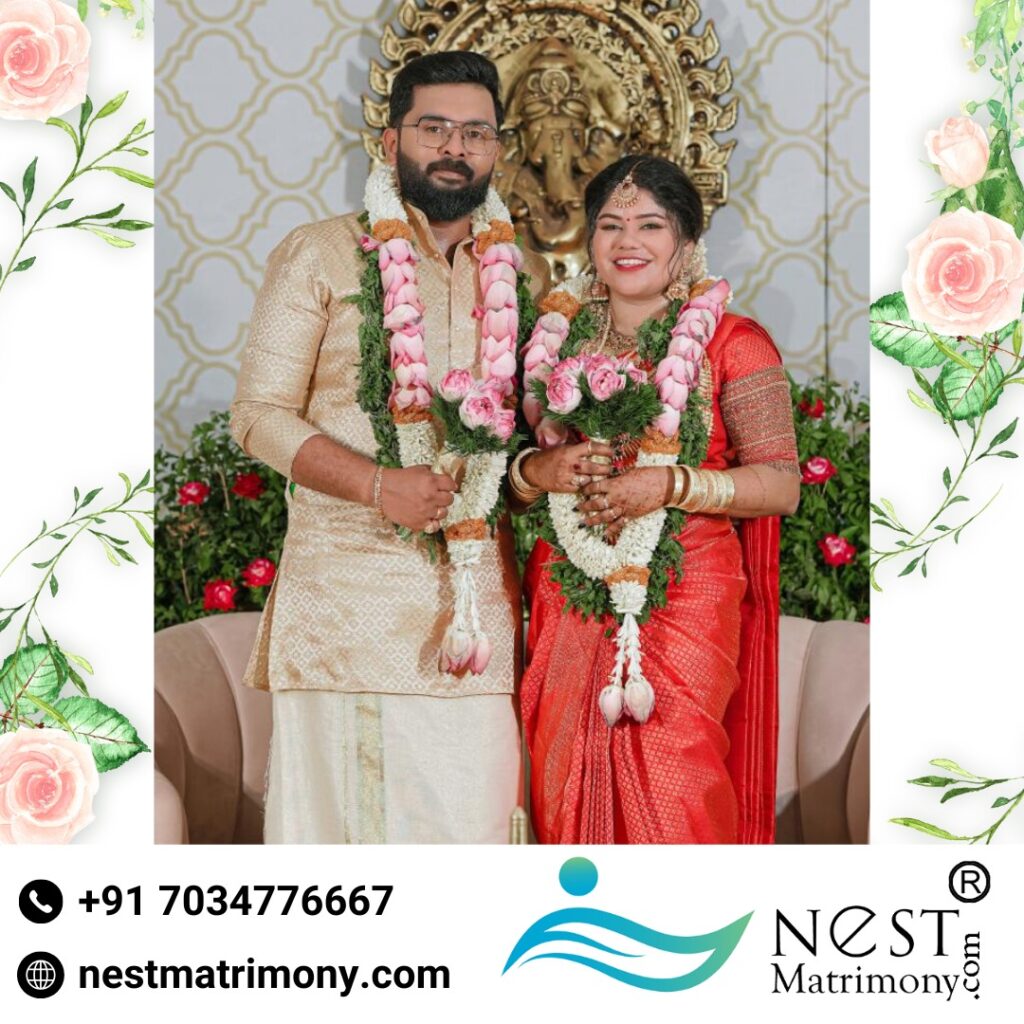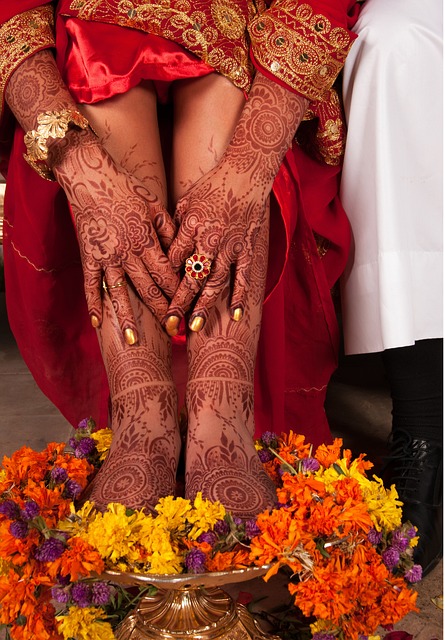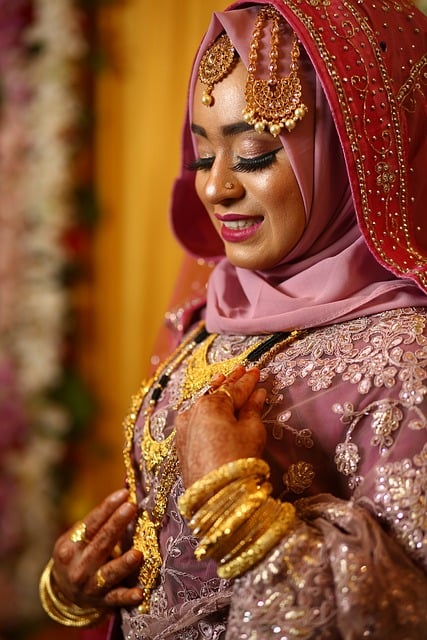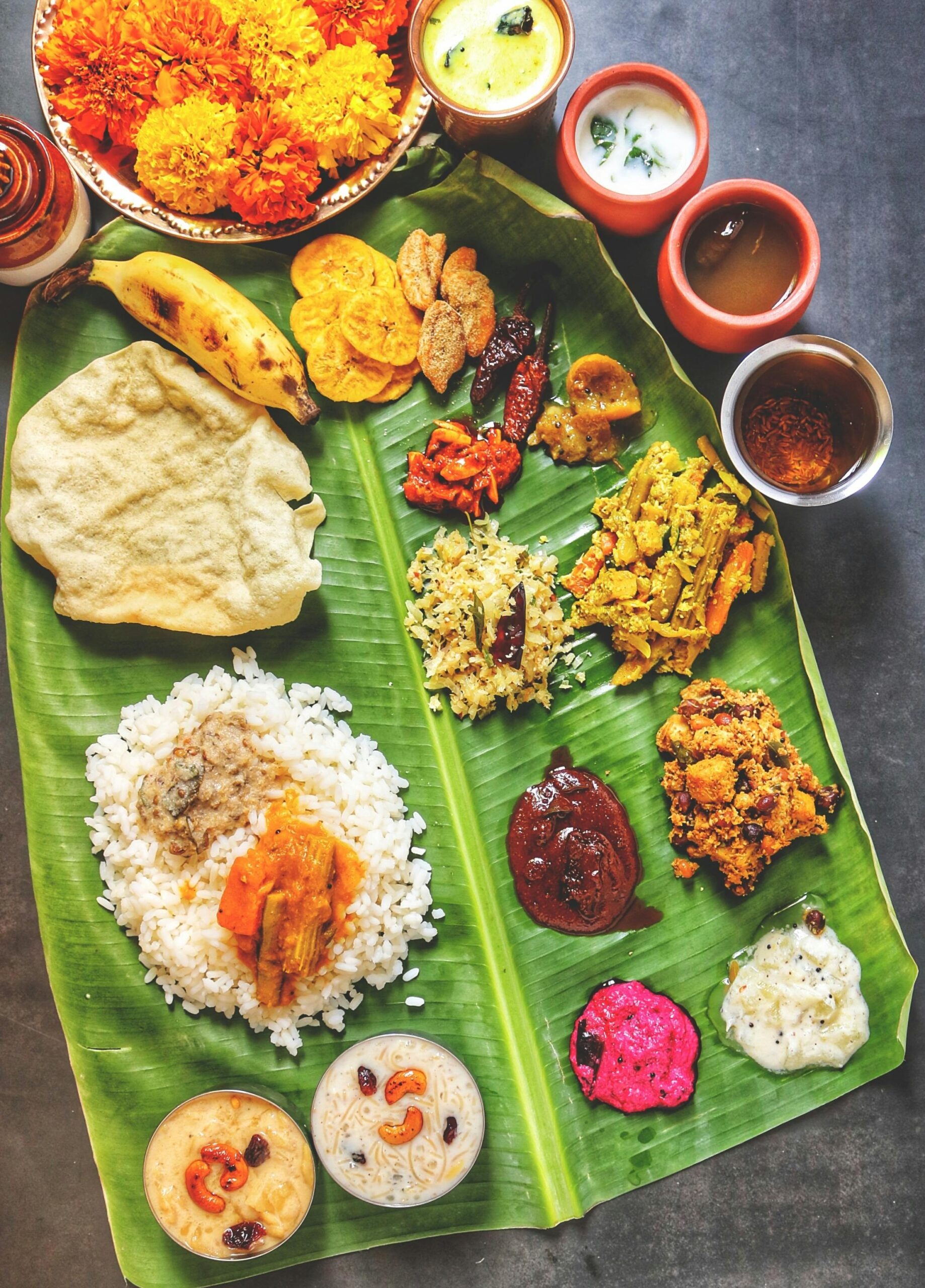Which Malayalam Month Is Good For Marriage
Posted on 14 August
HINDU
Astrology for marriage date is very important for marriages according to Hindu custom. Similarly, the months for marriage are also very important. Astrologers say that time of birth, day of birth and birth sign can have an impact on marital relationship, just like the months chosen for marriage can also influence the life of a couple.
https://nestmatrimony.com/campaign
Dates for marriages in Kerala are fixed based on the Malayalam months of the kollavarsha. A year is divided into twelve months of 28 to 32 days, namely Leo, Virgo, Libra, Scorpio, Sagittarius, Capricorn, Aquarius, Pisces, Aries, Aries, Gemini and Cancer. In Kerala, marriages are generally not performed in the months of Cancer, Virgo, Sagittarius, Aquarius and the second half of Pisces.
July is the month when the influence of the Leo sign is evident. Those who get married in this month will carry the relationship well and successfully. We will overcome problems together. Those who are fond of worldly pleasures will enjoy a contented married life. In Hindu’s just as time of birth, date of birth and birth sign can have an effect on marital relationship, so can the months of marriage. The suitability of a particular month can also depend on the specific astrological charts of the bride and groom. Consulting an astrologer is a common practice to find the most favorable date.
In the Malayalam calendar, some months are traditionally considered more auspicious for weddings The most favorable months for marriage are:
Chingam (August-September):
The first month of the Malayalam calendar is considered highly auspicious for weddings.
Vrishchikam (November-December):
Another popular month for weddings, particularly towards the end of the year.
Makaram (January-February):
Often chosen for weddings, especially for ceremonies in the New Year.
https://nestmatrimony.com/campaign

Months generally avoided for weddings due to astrological reasons include :
Karkidakam (July-August):
Known as the month of rain and spiritual practices, weddings are usually not held during this time.
Kanni (September-October):
Often avoided as it is considered less auspicious.
The suitability of a particular month can also depend on the specific astrological charts of the bride and groom. Consulting an astrologer is a common practice to find the most favorable date.
CHRISTIAN
Christian marriages are just like other weddings with different traditions. From the bridal shower to the main wedding ceremony to the reception, everything is so much fun to experience. There is no important Malayalam month for Christian wedding.
Some common factors that typically determine a Christian marriage include:
Consent
Mutual Consent: Both parties must freely and willingly agree to the marriage. Forced marriages are not considered valid in Christianity.
Informed Consent: The couple should understand the nature and responsibilities of marriage before entering into it.
Faith
Shared Faith: Many Christian denominations emphasize the importance of both partners being Christians, as marriage is seen as a sacred covenant before God.
Mixed-Faith Marriages: In cases of mixed-faith marriages, some denominations may require the non-Christian partner to agree to raise children in the Christian faith or obtain special permission from church authorities.
Public Declaration
Wedding Ceremony: The marriage is typically solemnized in a public ceremony, often in a church, with the presence of a congregation.
Vows: The couple exchanges vows before God and the congregation, committing to love, honor, and remain faithful to each other.

Witnesses
Two Witnesses: The marriage must be witnessed by at least two individuals who can attest to the validity of the union.
Legal Requirements
Civil Law Compliance: In addition to religious ceremonies, the marriage must comply with local civil laws, including obtaining a marriage license and registration with the appropriate civil authorities.
Age and Consent: Both parties must be of legal age to marry, according to the laws of the country or state.
Monogamy
One Partner: Christian marriage is typically monogamous, meaning that each person is married to only one partner at a time.
Indissolubility
Lifelong Commitment: Many Christian denominations view marriage as a lifelong, indissoluble union, with divorce being discouraged or restricted. The Roman Catholic Church, for instance, teaches that marriage is a sacrament that cannot be dissolved except by death.
Pre-Marital Counseling
Preparation: Many Christian churches require couples to undergo pre-marital counseling or classes to prepare for the spiritual and practical aspects of married life.
These factors together ensure that a Christian marriage is not just a legal contract but also a spiritual covenant that aligns with the teachings and values of Christianity.
MUSLIM

The marriage date is then fixed as per the wishes of both the families, Relatives of the bride visit the groom
The main factors that determine a Muslim marriage include:
Consent
Mutual Consent: Both the bride and groom must give their free and full consent to the marriage. Forced marriages are not recognized in Islam.
Witnesses
Two Male Witnesses: The marriage contract must be witnessed by at least two adult Muslim males, or one male and two females, to ensure the validity of the contract.
Public Declaration
Announcement: The marriage should be publicly announced and not kept secret. This ensures transparency and social acknowledgment.
Compatibility
Social, Economic, and Religious Compatibility: While not strictly mandatory, it is recommended that the bride and groom are compatible in terms of social, economic, and religious aspects.
Legal Requirements
Adherence to Local Laws: Depending on the country, local laws may require additional formalities such as registration with civil authorities or specific documentation.
Islamic Legal Schools
Madhabs: The interpretation and application of these principles can vary slightly depending on the Islamic legal school followed by the couple.
Age and Maturity
Puberty: In Islam, both parties must have reached puberty. However, the legal marriageable age may also be governed by the laws of the country where the marriage takes place.
Intention
Intention for a Legitimate Relationship: The marriage should be entered with the intention of a lifelong and legitimate relationship based on love, respect, and mutual responsibility.
Non-Relation
No Close Blood Relation: The couple must not be closely related. Islamic law defines specific prohibitions on who one can marry.
These factors collectively ensure that a Muslim marriage is conducted in a manner that is respectful, legal, and aligned with Islamic values.








